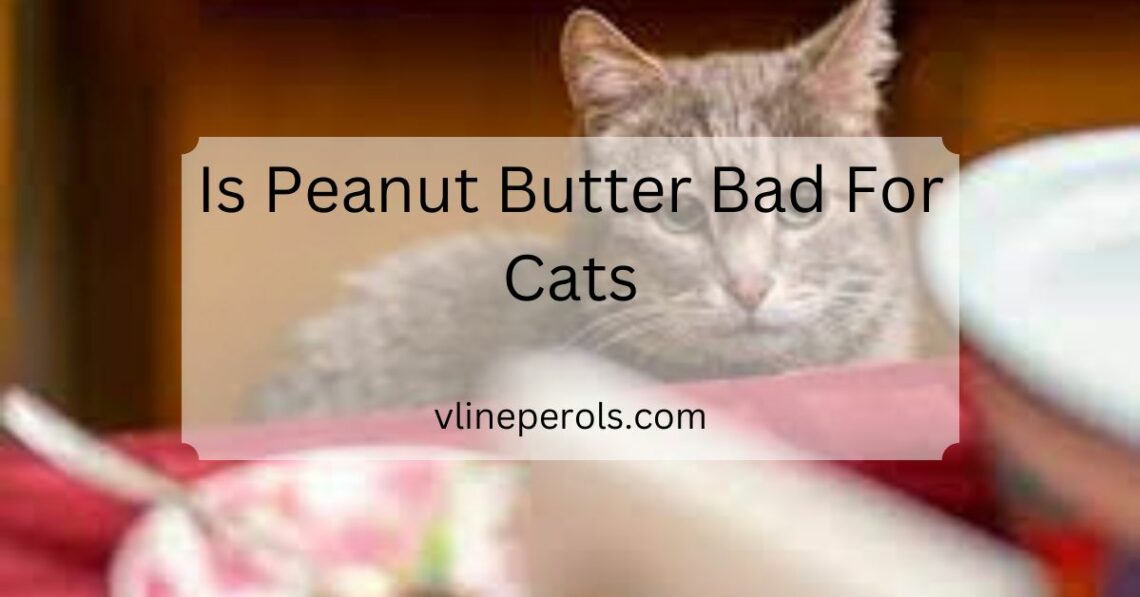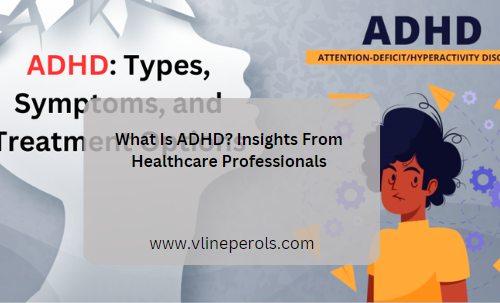
Is Peanut Butter Bad For Cats – Keep Your Pet Safe And Happy!
Is peanut butter bad for cats This is a common question among pet owners. While cats may enjoy the taste of peanut butter, it’s important to be cautious about feeding it to them due to potential health risks.
Yes, peanut butter can be bad for cats due to its high fat content, potential additives like salt and sugar, and the risk of xylitol toxicity. It’s best to avoid feeding peanut butter to cats and opt for cat-safe treats instead.
Let’s find out: Can cats safely enjoy peanut butter, or is it best to steer clear of this creamy delight?
Table of Contents
What Is Peanut Butter – Understand It Now!
Peanut butter is a creamy spread made by grinding roasted peanuts until they form a smooth paste. It’s a popular food item enjoyed by people around the world and is commonly used in sandwiches, baked goods, and as a topping for snacks.
Peanut butter comes in various varieties, including smooth, chunky, natural, and flavored options, catering to different tastes. It is known for its rich, nutty flavor and creamy texture, making it a versatile ingredient in many recipes.
Beyond its delicious taste, peanut butter is also a source of essential nutrients. It is rich in healthy fats, protein, fiber, vitamins, and minerals like vitamin E, niacin, magnesium, and potassium. These nutrients contribute to its nutritional value, making peanut butter a favorite choice for many individuals looking for a tasty and nutritious addition to their diet.
1. Nutritional Content:
Peanut butter is a creamy spread made by grinding roasted peanuts until they form a smooth paste. It’s a popular food item enjoyed by people around the world and is commonly used in sandwiches, baked goods, and as a topping for snacks.
Peanut butter comes in various varieties, including smooth, chunky, natural, and flavored options, catering to different tastes. It is known for its rich, nutty flavor and creamy texture, making it a versatile ingredient in many recipes.

Risks Of Feeding Peanut Butter To Cats – Protect Your Furry Friend!
Feeding peanut butter to cats can pose several risks due to their unique dietary and digestive requirements. While cats may show interest in peanut butter’s taste and smell, it’s essential to understand the potential hazards associated with this human food.
1. Digestive Issues:
Cats have sensitive digestive systems that may struggle to process the high-fat content of peanut butter. Consumption of large amounts of peanut butter can lead to gastrointestinal upset, including diarrhea, vomiting, and abdominal discomfort. These digestive issues can disrupt your cat’s normal eating habits and overall well-being.
2. Salt and Sugar Content:
Certain peanut butter brands may contain added salt and sugar, which are unsuitable for cats. High levels of salt can lead to electrolyte imbalances, while excessive sugar intake can contribute to obesity, diabetes, and dental problems in cats. Monitoring your cat’s salt and sugar intake is crucial for maintaining their health.
3. Xylitol Toxicity:
Some peanut butter varieties may contain xylitol, a sugar substitute that is highly toxic to cats. Even small amounts of xylitol can cause severe health issues, including hypoglycemia (low blood sugar), liver failure, and seizures. It’s essential to carefully read ingredient labels and avoid peanut butter products containing xylitol when feeding treats to your cat.
4. Choking Hazard:
The sticky texture of peanut butter can pose a choking hazard for cats, especially if they consume a large amount or swallow it without chewing adequately. This can lead to throat obstruction and respiratory difficulties, requiring immediate veterinary attention. To prevent choking incidents, offering small amounts of peanut butter or avoiding it altogether as a treat for your cat is advisable.
5. Allergic Reactions:
Like humans, cats can develop allergies to certain foods, including peanuts and peanut butter. Allergic reactions in cats may manifest as itching, skin rashes, digestive upset, and respiratory symptoms. If you suspect your cat is allergic to peanut butter, discontinue feeding it and consult your veterinarian for alternative treatment options.
Alternatives To Peanut Butter For Cats – Upgrade Your Pet Treats!
When it comes to treating your feline friend, plenty of safe and nutritious alternatives to peanut butter cater to their taste buds and dietary needs. These alternatives not only offer a variety of flavors and textures but also ensure that your cat stays healthy and happy.

1. Cat-Safe Treats:
Explore the range of commercially available cat treats specifically formulated to provide essential nutrients and meet your cat’s dietary requirements. Search for treats made with top-notch fixings and liberated from destructive added substances.
2. Cooked Chicken or Fish:
Offering plain, cooked chicken or fish can be a healthy, protein-rich cat snack. Ensure the meat is boneless, skinless, and free from any seasonings or additives that may harm your cat’s health.
3. Catnip Delights:
Many cats are fond of catnip, which can be offered as a treat or incorporated into toys and scratchers for added enjoyment. Catnip provides mental stimulation and relaxation for your feline companion, making it a delightful alternative to traditional treats.
4. Homemade Delicacies:
Get creative in the kitchen and whip up homemade treats using cat-safe ingredients like canned tuna, pumpkin puree, or plain yogurt (in moderation). Homemade treats allow you to control the ingredients and tailor them to your cat’s preferences while avoiding potential allergens or harmful additives.
5. High-Quality Commercial Cat Foods:
Incorporate high-quality commercial cat foods into your cat’s diet to ensure they receive essential nutrients and maintain optimal health. Choose reputable brands that offer a variety of flavors and textures to keep mealtime exciting for your cat.
FAQS:
1. What should I do if my cat accidentally ingests peanut butter containing xylitol?
If you suspect your cat has consumed peanut butter containing xylitol, seek immediate veterinary attention. Xylitol toxicity can be life-threatening for cats and requires prompt medical intervention.
2. Can I give my cat peanut butter as a medication vehicle?
It’s essential to consult your veterinarian before using peanut butter or any human food as a medication vehicle for your cat. Your veterinarian can recommend safe and effective alternatives based on your cat’s needs.
3. Are there any peanut butter brands that are safe for cats?
It’s best to avoid feeding any peanut butter brands to cats, especially those containing xylitol or excessive salt, sugar, and additives. Stick to cat-safe treats and foods specifically formulated for feline nutritional needs.
4. What other human foods should I avoid feeding my cat?
In addition to peanut butter, avoid feeding your cat foods that are toxic to them, such as onions, garlic, chocolate, caffeine, alcohol, and grapes/raisins. Always consult your veterinarian for safe and appropriate foods for your cat.
Conclusion:
Peanut butter can harm cats due to its high fat, salt, and sugar content and the risk of xylitol toxicity. It’s best to avoid feeding it to cats and choose cat-safe treats instead.
Read:
- What Role Do Florida Small Business Grants Play in Promoting Sustainability and Green Business Practices?
- Boost Your Home’s Value with Professional Handyman Services in Acworth, GA
- What Is the Most Effective Way To Learn Arabic?
- 4 Reasons Interview Intelligence Improves Recruiter Efficiency
- Who’s Accountable for Passenger Safety in Ride-Sharing Cabs?
You May Also Like

5805 N Jackson Gap Street – The Ultimate Guide!
March 5, 2024
What Is ADHD? Insights From Healthcare Professionals
April 18, 2024

